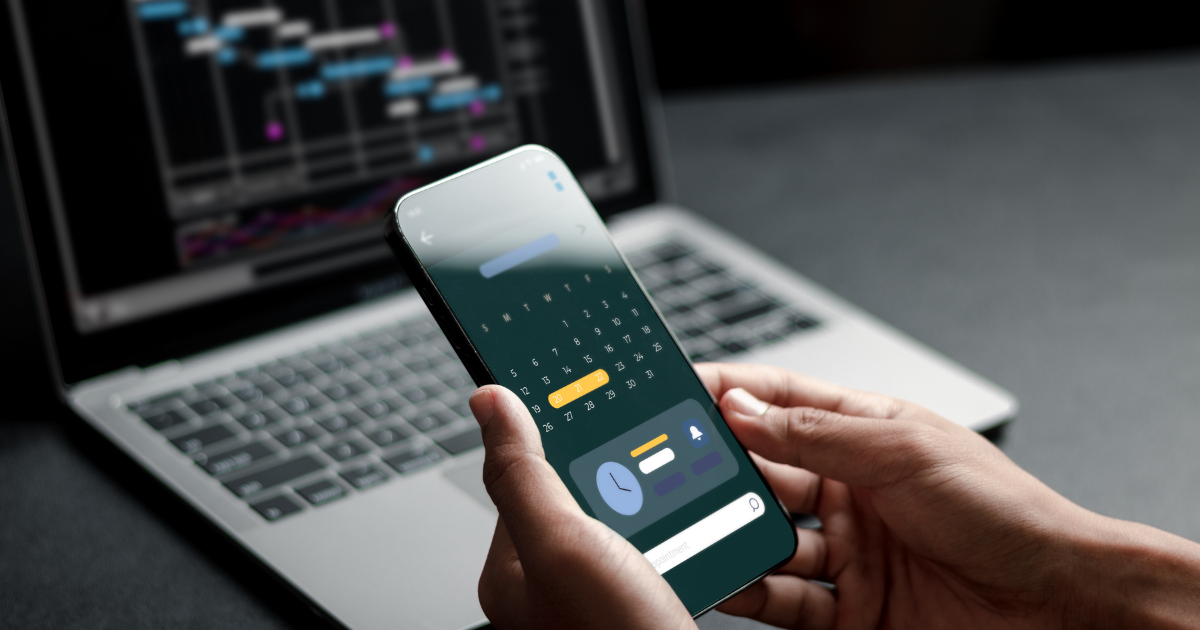Cybersecurity News: Recognizing and Avoiding Google Calendar Cyber Threats
Mar 04, 2025
In today's digital landscape, even the most innocuous tools can become vectors for cyberattacks. Google Calendar, a staple for scheduling and organization, has recently been widely exploited by malicious actors to distribute malware and phishing scams. Understanding these threats and implementing protective measures is crucial to maintaining your digital security.
The Rise of Google Calendar Exploits
Cybercriminals and hackers have identified Google Calendar as a potential conduit for malicious activities. By sending fraudulent calendar invites or embedding malicious links within event descriptions, attackers can deceive users into revealing sensitive information or downloading harmful software. These deceptive practices often involve:
-
Phishing Links in Event Descriptions: Attackers embed links to counterfeit websites within the event details, prompting users to enter personal data.
-
Spoofed Calendar Invites: Emails masquerading as legitimate calendar invitations lead recipients to malicious sites designed to harvest information.
-
Malware via .ics Files: Malicious .ics (iCalendar) files attached to invites can introduce harmful code into a user's system upon interaction.
A notable instance reported by Check Point involved attackers sending fake Google Calendar invites containing links to fraudulent company websites. These links redirected users through a series of deceptive pages, ultimately leading them to sites that requested personal and financial information under the guise of legitimate services.

Protective Measures to Enhance Security
To safeguard against these emerging threats, consider implementing the following strategies:
-
Adjust Calendar Invitation Settings:
-
Modify Automatic Invitation Handling: Navigate to Google Calendar settings and set the option to "No, only show invitations to which I've responded." This change ensures that unsolicited invitations do not automatically populate your calendar.
-
Disable Automatic Event Additions from Gmail: Within Gmail settings, uncheck "Automatically add events from Gmail to my calendar" to prevent potential spam events from appearing without your consent.
-
-
Enable 'Known Senders' Feature:
-
Activate this setting to receive alerts when invitations originate from unfamiliar contacts, allowing you to scrutinize unexpected invites more closely.
-
-
Maintain Vigilance with Links and Attachments:
-
Scrutinize Event Details: Before clicking on links or downloading attachments from calendar events, verify the legitimacy of the sender and the content.
-
Hover to Reveal URLs: Position your cursor over links to preview their destinations. Be cautious of URLs that appear suspicious or unfamiliar.
-
-
Keep Software Updated:
-
Regularly update your applications and operating systems to benefit from the latest security patches and enhancements.
-
-
Employ Comprehensive Security Solutions:
-
Utilize reputable antivirus and anti-malware programs to detect and neutralize potential threats before they compromise your system.
-

Conclusion
While Google Calendar remains a valuable tool for managing schedules, it's imperative to recognize its vulnerabilities and mitigate the associated security risks. By proactively adjusting your settings, staying vigilant against suspicious activities, and employing robust security measures, you can protect yourself from these attacks and the evolving tactics of cybercriminals. Stay informed and prioritize your digital safety in all online interactions.
STAY INFORMED
Subscribe now to receive the latest expert insights on cybersecurity, compliance, and business management delivered straight to your inbox.
We hate SPAM. We will never sell your information, for any reason.


